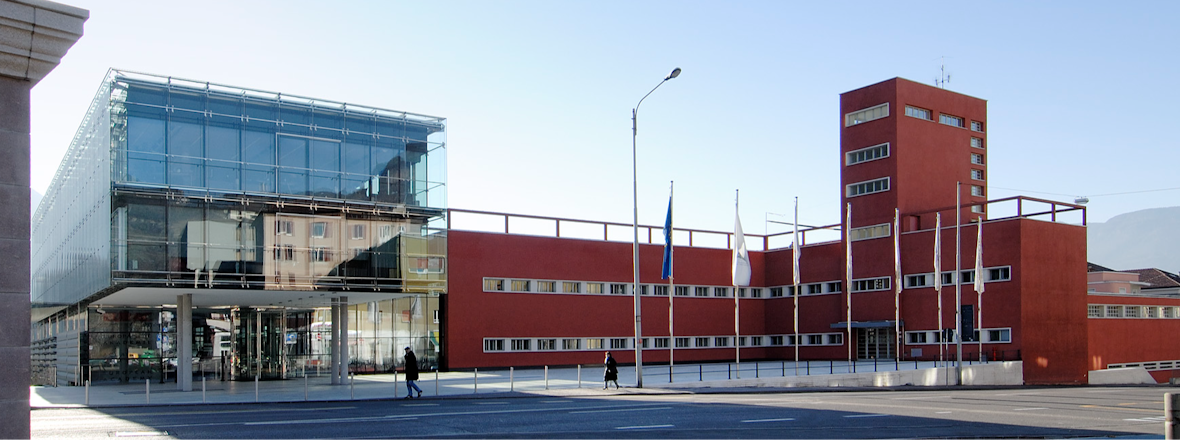 © Eurac Research | Oskar Da Riz
© Eurac Research | Oskar Da RizEurac Research
Eurac Research is a private research centre based in Bozen/Bolzano/Bulsan (South Tyrol) and active in a wide range of scientific fields. Founded in 1992 as an association under private law, it began with just twelve employees, conducting research in areas such as language and law, minorities and autonomous regions, and the Alpine environment.
Today, Eurac Research has grown into an international research centre with more than 600 employees from all over the world working in different disciplines. From the very beginning, minority languages and related issues have been a key area of interest.
Three institutes focus on this area: the Center for Autonomy Experience, the Institute for Minority Rights and the Institute for Applied Linguistics. Together they are organising the International Conference on Minority Languages 2027.
Center for Autonomy Experience
The Center for Autonomy Experience is a research and contact hub for activities and initiatives related to South Tyrol's autonomy and minority protection system, which is our main research focus. Our research also looks at the history of autonomies and minorities, minority language media and the topic of minorities, gender, diversity and intersectionality.
Institute for Minority Rights
The Institute for Minority Rights is a research institute with an interdisciplinary expertise on ethnic, linguistic and religious groups. We generate and advance knowledge in the field of minority studies and diversity governance by offering innovative perspectives on societal challenges and addressing inequalities within increasingly diverse societies.
Institute for Applied Linguistics
The Institute for Applied Linguistics combines expertise in translation, terminology and language technologies with research on minority/minoritised languages, language competences and language policies. We support academia and institutions via research, consulting and dissemination to address the challenges and affordances of increasingly multilingual societies.
Organising Team
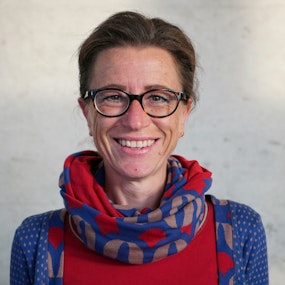
Andrea Abel
Head of Institute
Institute for Applied Linguistics
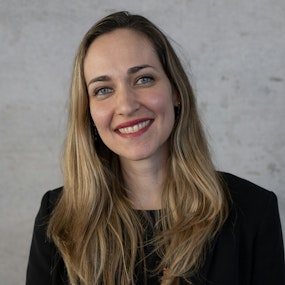
Marta Guarda
Senior Researcher
Institute for Applied Linguistics
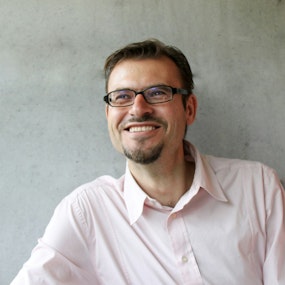
Günther Rautz
Head of Institute
Institute for Minority Rights
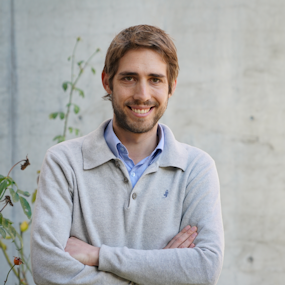
Marc Röggla
Head of Center
Center for Autonomy Experience
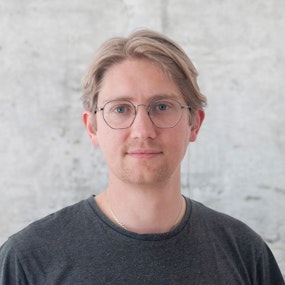
Jakob Volgger
Junior Researcher
Center for Autonomy Experience
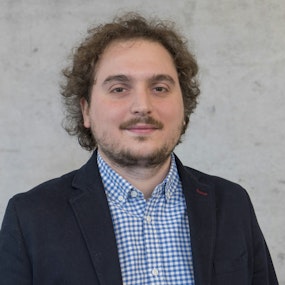
Mattia Zeba
Senior Researcher
Institute for Minority Rights